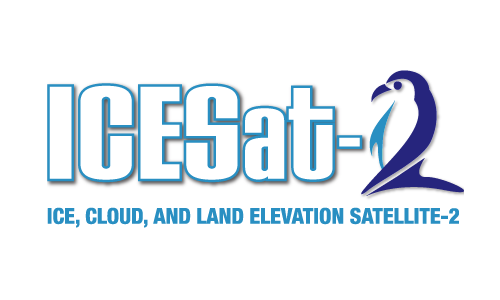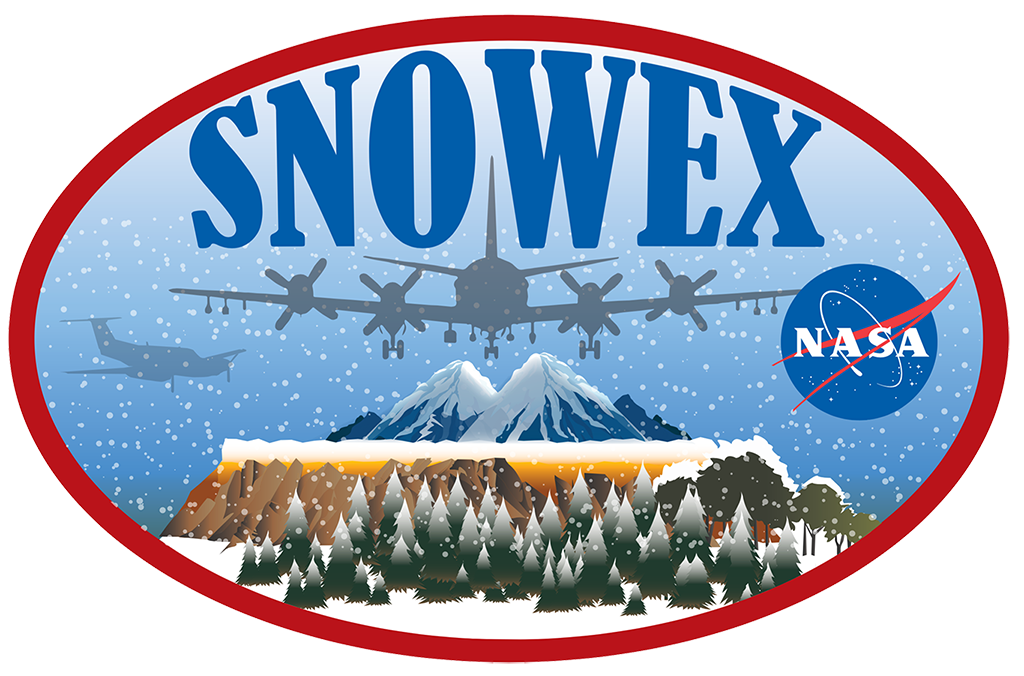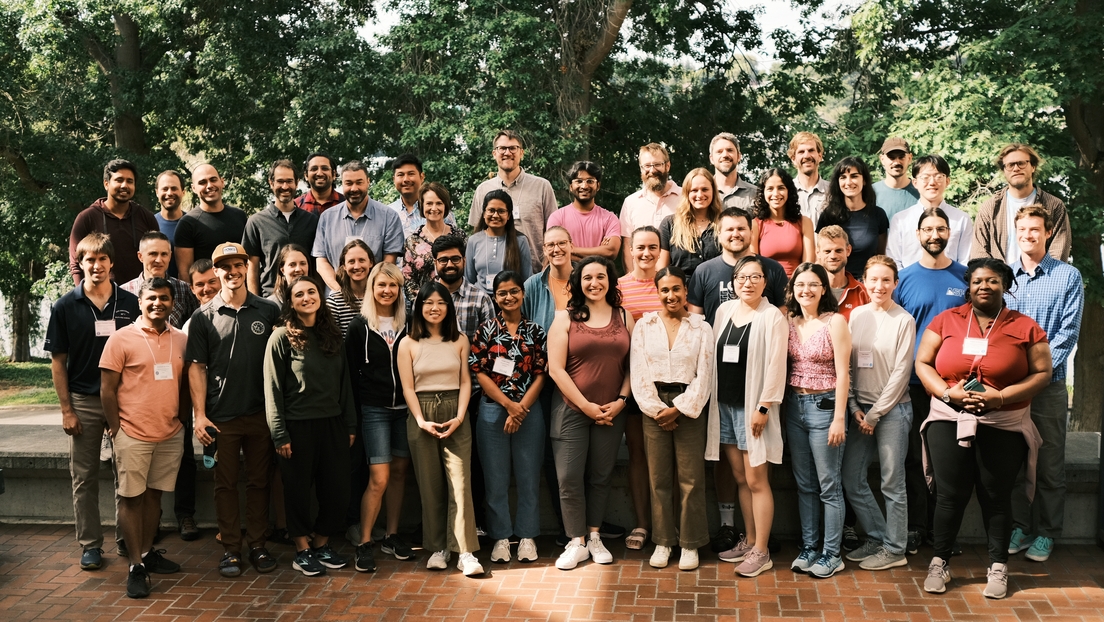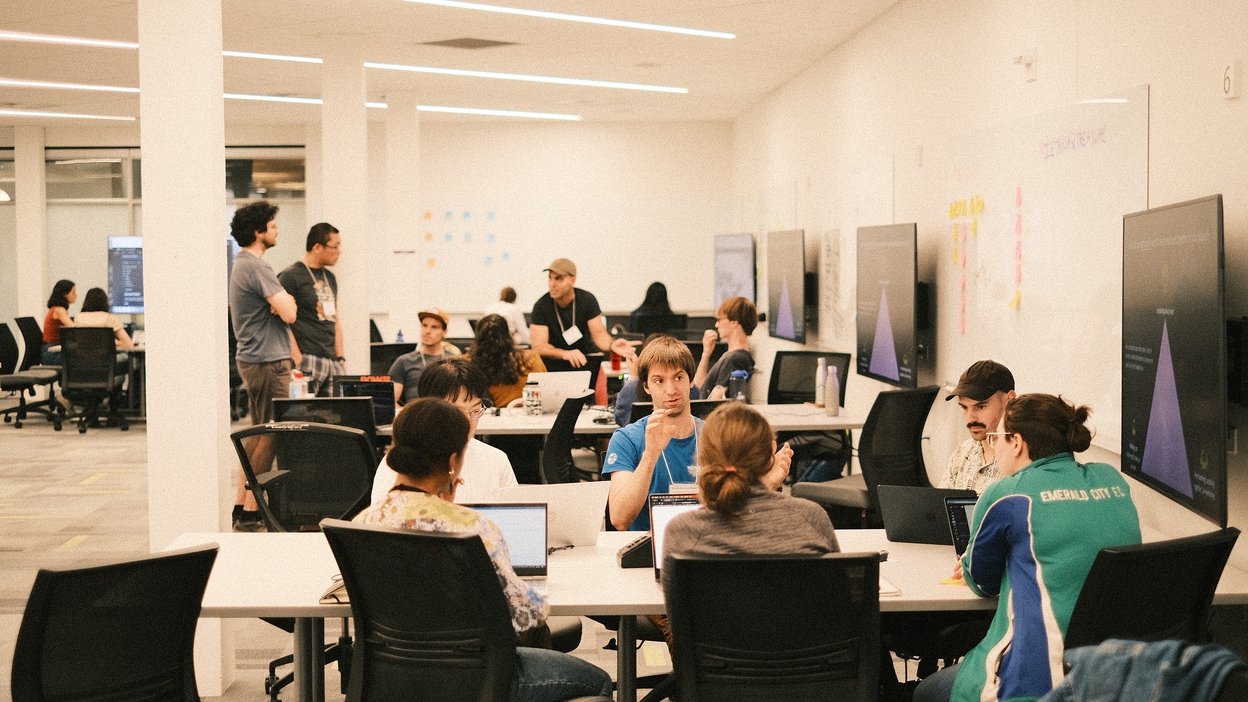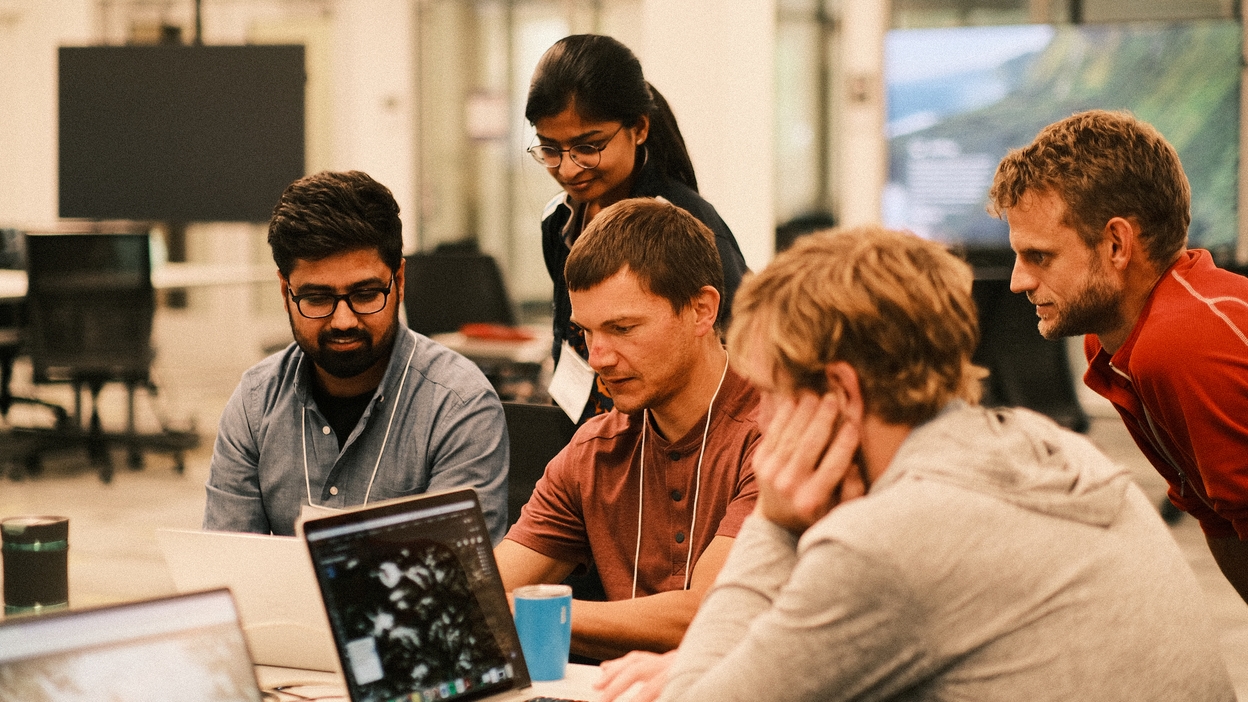NASA Earth Sciences & UW Hackweek Application


The eScience Institute at the University of Washington is excited to present the next evolution in our annual hackweek program. 2024 will be our first combined event, with projects using data from the NASA ICESat-2 and SnowEx missions, and with specialists from the NSF GeoSMART program providing training in Machine Learning.
UW Hackweeks have always been about collaboration, learning, and fun. The new combined event structure will allow for even greater levels of skill sharing between domains, while retaining the specific project focus that has made the event so valuable to participants over the years.
Read on for more details about the event, who it’s for, or click the link below to apply.
We hope to see you in Seattle WA in August!
What is a hackweek?
A hackweek is a participant-driven workshop that blends data science education, community building, and project work over a short period of time (one to two weeks). The events are highly immersive and allow participants to work directly with data science professionals to co-shape projects and educational outcomes. Hackweeks often help individuals and teams engage more effectively in open and reproducible science (Huppenkothen et al., 2018).
Who attends hackweeks?
Hackweeks are designed to support academic students and researchers at the graduate level and higher, as well as data scientists, engineers, technicians and industry partners.
What is the learning environment like?
eScience Staff partner with community members to foster positive and supportive learning spaces. We meet people where they are and help participants set realistic learning goals during the event. By emphasizing peer learning and providing support from helpers and project leaders, we aim to create a welcoming environment that supports learning.
What tools do we use?

We provide hackweek participants with access to a centralized computing platform (typically JupyterHub) for tutorial and project work. We use Git and GitHub to teach about version control and to share scripts.
What will I learn about earth science data?
The hackweek tutorials and projects will be designed by members of the ICESat-2, SnowEx and GeoSMART communities. Participants will choose from learning material from tutorials and projects in one of these three tracks:
ICESat-2 Track
Focus on cloud computing workflows and collaborative development of software for access and analysis of ICESat-2 datasets.
SnowEx Track
Focus on analysis of 2023 SnowEx field campaign data and creation of shared data access tools.
GeoSMART Track
Building Machine Learning workflows using data from SnowEx and ICESat-2 missions.
Are there prerequisites for attending?
Yes, all tutorials and project work will assume participants are familiar with Python-based computing in the geosciences as described on the Pythia Foundations website. We will also ask participants to complete preliminary work before the hackweek to set up their learning environements in GitHub and JupyterHub. We can provide resources to participants wishing to brush up on their skills before an event, however we will not be teaching these core concepts during the hackweek.
Questions?
Mark Welden-Smith - Program Manager or visit the eScience Institute website for more details on outcomes from past hackweeks.
“The hackweek was an excellent experience for me! I met a lot of people who were supportive and helpful, and gained hands-on experience beneficial to my research. I would attend again and encourage everybody to apply!”
Mahboubeh Boueshagh
2022 SnowEx Hackweek Participant

